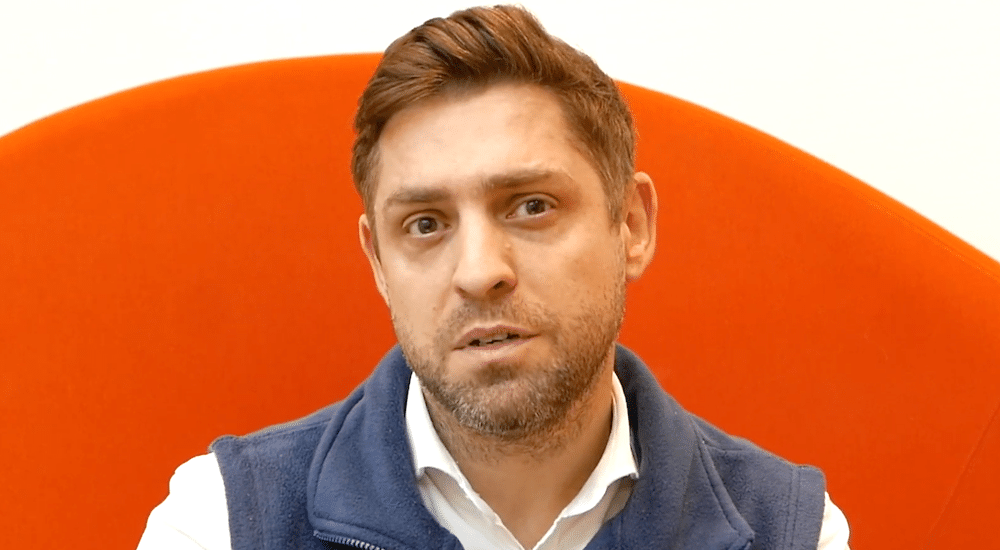CUTTING THROUGH THE NOISE AROUND CBT AND TINNITUS
Cognitive Behavioural Therapy (CBT) is effective in relieving distress for some tinnitus patients - the evidence is there. But can audiologists provide CBT? Should they? What do they need to know about CBT and tinnitus? Dr. Hashir Aazh PhD answers our questions on this ethically complex area of hearing care.

Photo: DeepAI
Audiology Worldnews (AWN): What is the current state of evidence supporting the use of CBT in tackling the impact of tinnitus?
Hashir Aazh (HA): CBT is widely supported as the most effective treatment for tinnitus-related distress. The evidence base for audiologist-delivered CBT is emerging and encouraging. Randomised controlled trials, patient-reported outcomes, and real-world studies show consistent improvements in tinnitus distress, and that both internet-based and face-to-face CBT significantly reduce tinnitus handicap and improve quality of life. While the field would benefit from more large-scale studies, current findings demonstrate both efficacy and strong patient support for receiving CBT from trained audiologists, and it has often outperformed standard counselling interventions.
AWN: When is an audiologist prepared to provide CBT to tinnitus patients alone, i.e. without input from a psychologist?
[caption id="attachment_141230"...
This content is only accessible to registered users of the website audiology worldnews
Already subscribed Log in
 Sign in
Sign in

